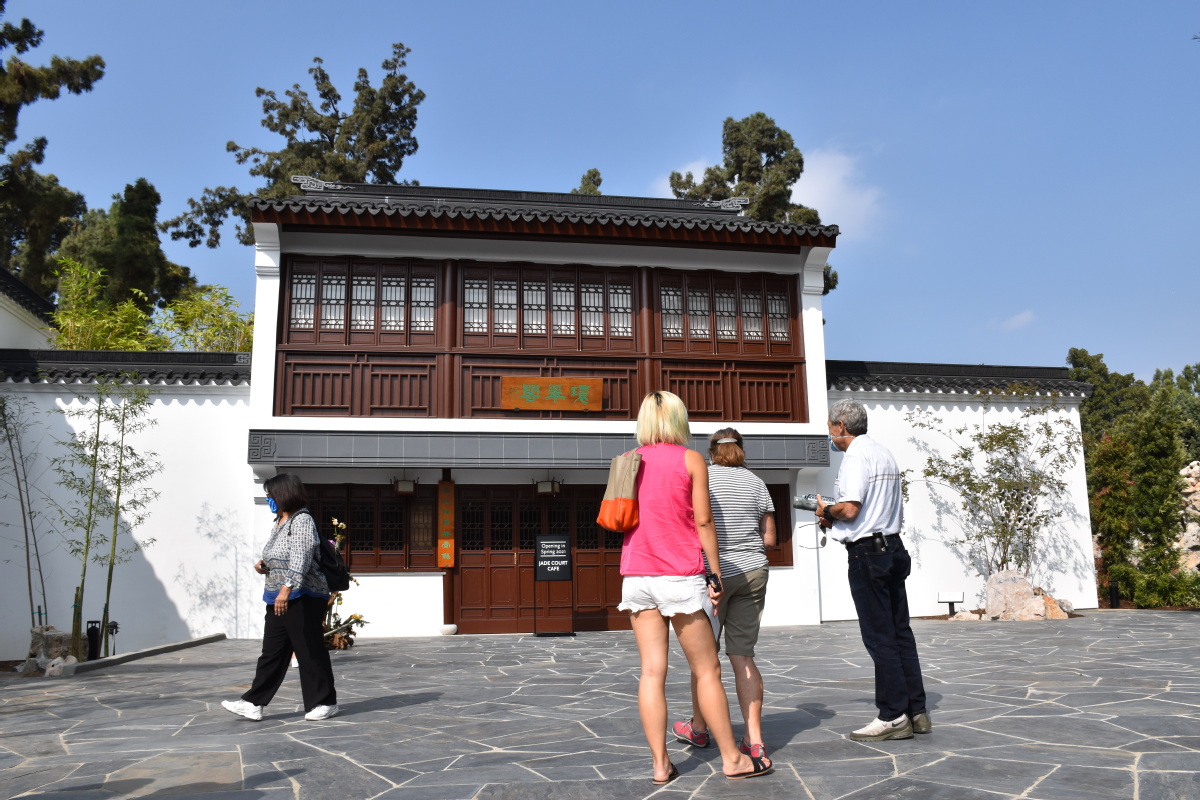 |
|
Liu Fang Yuan, also known as the Garden of Flowing Fragrance, in San Marino, Los Angeles County, California, United States, reopens to the public in October with 4.6 hectares of new landscape. [Photo/Xinhua] |
Assistance sought
Bloom said that Henry Huntington, founder of the Huntington Library, was a US railroad magnate who used his fortune to collect rare books, artworks and to create gardens.
"Many Suzhou gardens were created by literati or scholars who were highly educated, but a lot were also created by merchants who tried to emulate a scholarly lifestyle," he added.
To preserve the authenticity of the Suzhou gardens, the Huntington Library sought help from the Suzhou Institute of Landscape Architecture Design and the Suzhou Garden Development Co, triggering collaboration between US and Chinese architects, contractors and designers.
The garden's first construction phase took place between 2004 and 2008, followed by a second phase from 2012 to 2014 and a final one from 2018 to this year. In all stages of construction, artisans from Suzhou were flown in to work on details of the venue by hand.
At the site, Chinese and US artisans often exchanged ideas and conversation.
"The Americans spoke either English or Spanish, while the Chinese artisans spoke Putonghua or Suzhouhua (the Suzhou dialect). To communicate, they relied a lot on sign language, so that was kind of an interesting thing to see," Bloom said.
He added that it has been very meaningful to see how people from local communities interact with the garden.
"There are some people who come every morning to walk the garden. There are people who bring their children or grandchildren every weekend, and then we have a lot of guides and volunteers who come to all sorts of different lectures about Chinese culture or to concerts that we hold periodically. It's had a pretty big community impact," he said.